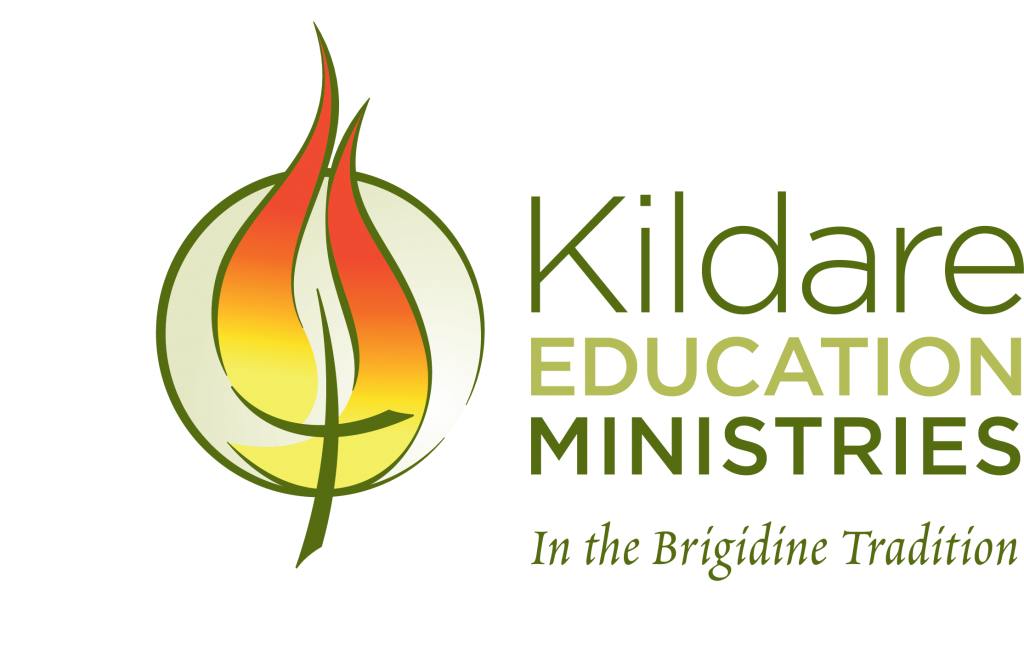- Posted on
- Wellbeing
Stress… and Coping
2020. That is probably all I needed to say to anyone to bring up feelings of stress. 2020 has been a year of tragedy, stress and difficulty for so many and has impacted all of us and will continue to do so. This year, more than any, I have seen stress on the faces of my colleagues and in the voices of my students. I have heard silence on the other end of the line during a Teams call. I have seen emptiness in folders that should have been, and normally are, filled with homework and I have heard so many students tell me, ‘I have lost motivation.’ ‘I give up.’ ‘Remote learning doesn’t work for me.’ ‘I need to be in the classroom.’ ‘I can’t do this.’ I have heard worry, concern and bewilderment at the other end of the line when I have spoken to parents and when I come home to my family sometimes I see stress all over my wife’s face and hear it in her voice. And when I look in the mirror, metaphorically speaking, there have been times where stress has been written all over my face and I’m sorry to say the stash of toilet paper hidden in my bathroom would be testament to this. Apologies if you were down to the last square – but none of us are impervious to stress.
So we all feel stress. We have to. It is in our DNA. It is part of what has made us such a successful race. We recognise threats and we can act to survive. At Clonard however, we are not satisfied with letting our girls graduate with the skills to just survive. We are hell-bent on inviting them to engage with the knowledge and the skills to thrive, to flourish. We hope that our Clonard girls will leave as women with the ability to thrive in a world that will challenge them. Sometimes with small things like running out of toilet paper and sometimes with big things like global pandemics.
So throughout our Wellbeing curriculum, we devote a lot of time to teaching about and immersing our students in the strategies for coping with stress. As I write this the year 11 cohort is just about to embark on a unit that is overtly targeting this aspect of wellbeing. In this unit they will learn about what stress is and learn to understand what stresses them, before learning about and trying various coping strategies and problem-solving strategies. Over the years we hope that this learning takes root and our students put them into practice as genuinely understanding self and implementing the strategies for coping and problem-solving takes time, effort and real awareness. At this time of great stress, we really hope our young women embrace this curriculum in its fullness and take their MEDS. Meditation, Mindfulness, Diet and Nutrition, Exercise and Sleep. All great things but all chronically underappreciated in our society in practice.
And so back to some of our young women whom I cited in my opening paragraph who are throwing their hands up to openly and honestly declare that they have ‘lost motivation, that they ‘give up’, that ‘online learning doesn’t work for me’ and that they ‘can’t do it.’ What we are hearing in these statements is negative self-talk. Negative self-talk is a killer. A killer of confidence. A killer of self-esteem. It takes a person with ability, and we were all made to shine, and renders it ineffective. One aspect of mindfulness is recognizing the personal use of negative-self talk. ‘I can’t do it.’ ‘I am tired.’ ‘I’m stupid.’ ‘I’m no good at this.’ ‘Remote learning doesn’t work for me’ and replacing it with Positive Self-Talk. This is the language of confidence and self-belief. The language of thriving. This is the language all ordinary people use to become extraordinary. Lydia Lassila would never have landed her gold medal-winning aerial ski jumps if she had told herself at the top of the runway – ‘I can’t do it. I am going to crash.’ Instead, all ordinary people who learn how to overcome incredible obstacles, or people who learn to thrive instead of just to survive become great at practicing positive self-talk. ‘I can do this.’ ‘I am full of energy.’ ‘I can overcome this challenge.’ ‘I will get through this.’ ‘I always do.’ ‘Online learning is hard, but I can do it.’ ‘I’ve got this!’.
Learning the power of positive self-talk is just one of the strategies students will engage with when we engage with the concepts of stress and coping but it is not taught in a vacuum and takes time to become habit. To be successful helping our girls in learning to back themselves, in learning to love themselves, in learning to talk about themselves positively, as a community we need to model it for them, and we need to help them. When your daughter comes to you and says ‘I can’t do it,’ ‘I’m no good at it,’ please, once you have given them all your love and empathy help them pivot to a more positive way of talking about themselves. They can do it!
2020 has had its challenges. It will have many more. But the first step to getting through is telling ourselves that we can. WE’VE GOT THIS!
Andrew Damon
School Improvement Leader – Wellbeing



